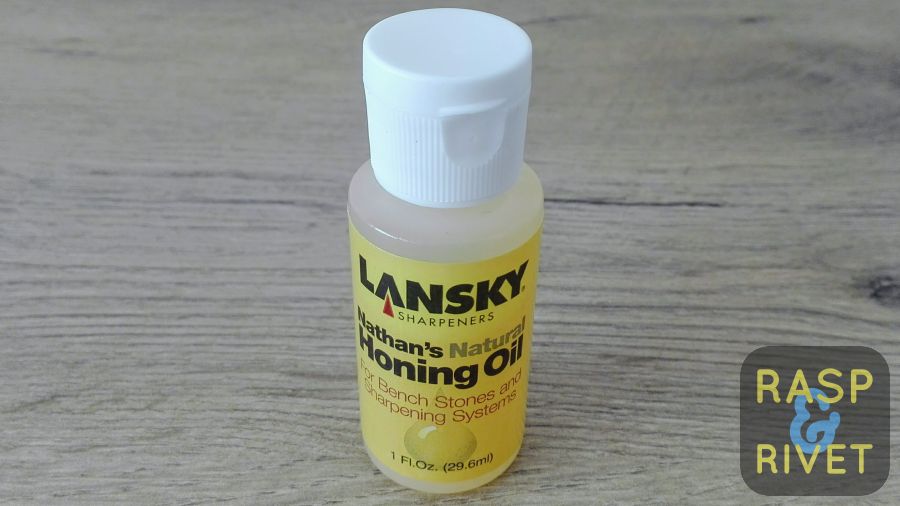A sharp blade is essential for any kitchen, whether you’re a professional chef or a home cook. Properly maintained knives not only make food preparation safer and more precise but also enhance the overall cooking experience. Sharpening your blades is a key aspect of maintenance, but when it comes to tools that touch food, the choice of sharpening oil is crucial. In this guide, we’ll explore the best oils for sharpening blades used in food preparation, focusing on safety, effectiveness, and practicality.
What is Sharpening Oil?
Sharpening oil is a lubricant applied to sharpening stones to reduce friction and heat during the sharpening process. It helps carry away metal particles, prevents clogging, and protects the blade’s edge. While water and dry sharpening methods are alternatives, oil is often preferred for its ability to enhance the sharpening process and prolong the life of both the blade and the stone.
For culinary tools, selecting a food-safe oil ensures your blades remain safe for cutting, chopping, and slicing ingredients. Let’s examine what makes an oil suitable for this purpose.
Key Criteria for Choosing a Sharpening Oil
Food Safety
The oil must be non-toxic and safe for incidental contact with food.
Viscosity
Light, thin oils are ideal for sharpening as they reduce resistance and facilitate smooth movement.
Odor
A neutral or mild scent is preferable to avoid transferring unpleasant smells to your tools.
Residue
Choose oils that leave minimal residue, making post-sharpening cleanup easier and maintaining blade hygiene.
Recommended Food-Safe Oils
Food-Grade Mineral Oil
Widely regarded as the best option for sharpening food-use blades, food-grade mineral oil is non-toxic, odorless, tasteless, and readily available. It’s lightweight, easy to clean, and versatile, making it suitable for most types of knives and sharpening stones.
Camellia Oil
Camellia oil, also known as tea seed oil, is a traditional choice in Japanese knife care. Lightweight and food-safe, it not only serves as a sharpening oil but also protects blades from rust, particularly for carbon steel knives.
Grapeseed Oil (Unrefined)
A natural, plant-based alternative, grapeseed oil is light and relatively neutral in odor. Its non-toxic nature makes it a suitable option for food-related sharpening tasks. Ensure you use an unrefined version to prevent residue buildup.
Specialized Honing Oils
Some manufacturers produce food-safe honing oils specifically designed for sharpening culinary tools. These oils are often mineral oil-based and formulated to optimize sharpening performance while adhering to food safety standards.
Oils to Avoid
Petroleum-Based Oils
While effective for general sharpening, these oils are toxic and should never be used for blades that come into contact with food.
Heavy or Sticky Oils
These can clog sharpening stones and leave difficult-to-remove residues, reducing efficiency and cleanliness.
Cooking Oils (e.g., Olive or Vegetable Oil)
Although natural, these oils can go rancid over time and may affect the blade’s performance and hygiene.
Tips for Sharpening Food-Use Blades with Oil
Apply Sparingly
Use a small amount of oil on the sharpening stone or directly on the blade. Overapplication can cause pooling and make the process messier.
Work Consistently
Maintain steady, even pressure while sharpening to ensure a uniform edge. The oil will help reduce friction and keep the motion smooth.
Clean Thoroughly
After sharpening, wipe the blade with a clean cloth to remove any residual oil or debris. For added safety, wash the blade with warm, soapy water before use.
Store Properly
Ensure your sharpening stone is clean and dry after use to prolong its life and maintain optimal performance.
Why Food-Safe Oils Matter
Choosing the right oil isn’t just about blade performance—it’s also about health and safety. For culinary tools, a food-safe oil ensures that no harmful substances are transferred to your ingredients. It also helps maintain a clean, hygienic working environment, whether you’re preparing meals for yourself or others.
Conclusion
Sharpening your blades is an investment in their longevity and performance, especially for culinary tools. By selecting a food-safe oil like food-grade mineral oil or camellia oil, you ensure both effective sharpening and a safe cooking environment. With proper care and the right oil, your kitchen knives and tools will remain sharp, reliable, and ready for any culinary challenge.
